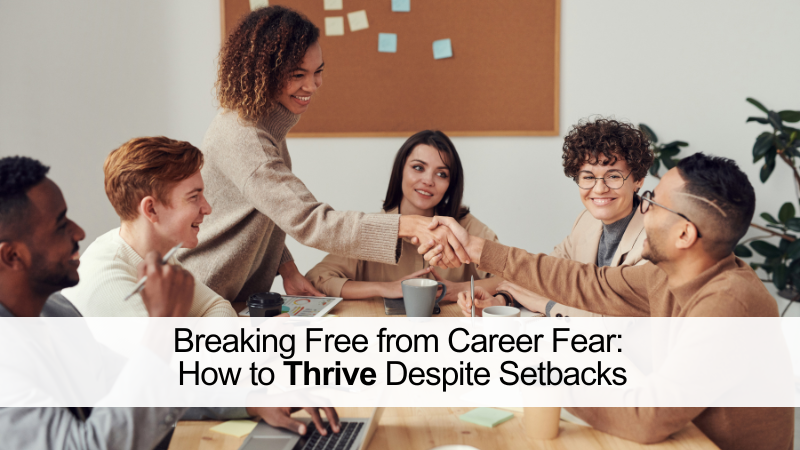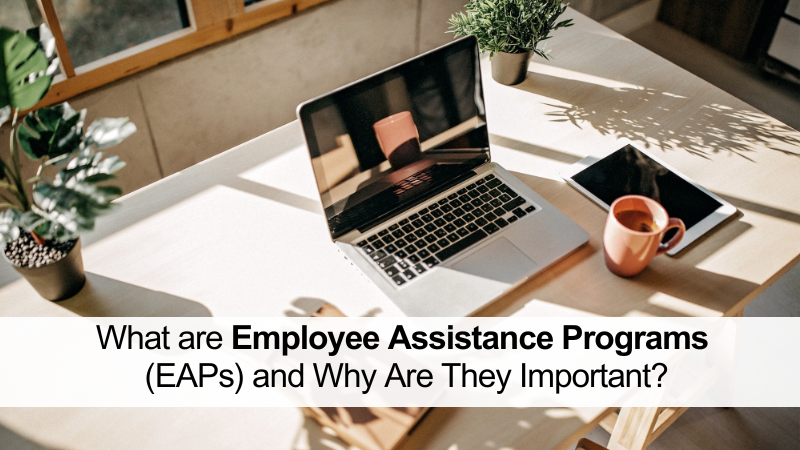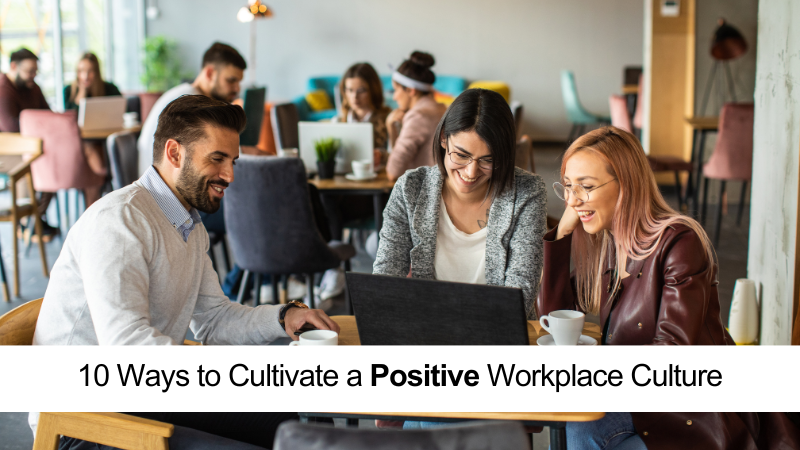.Pandemic Weight Gain? Get back on track with these top 12 tips
Have you have noticed that you’ve gained some weight during COVID-19? Don’t worry, you’re not alone. According to the CSIRO, around 40% of Aussies have put on some “Corona kilos” during the last few months. This can be attributed to the fact we are sitting more, moving less, engaging in mindless boredom snacking and of course, there’s lack of motivation after being stuck inside for so long. Not to mention the ease and convenience of takeaway foods and Uber Eats, it’s not so surprising that were struggling to stay healthy and maintain our weight. In fact, the combination of all these factors is actually the perfect recipe for weight gain.
But there’s no need to stress or beat yourself up about it. It’s not too late to get back on track and feel like your best self again.
These are some top tips to feeling healthy again:
1. Set aside designated mealtimes.
It’s important to bring back some structure into your day. Skipping meals or not eating proper meals can lead to mindless and erratic snacking throughout the day and possibly even overeating at night-time. Assign yourself structured mealtimes like you would have had pre-pandemic and try to stick to eating within these time frames. For example: Breakfast, Morning Tea, Lunch, Afternoon tea, Dinner.
2. Stick to the Healthy Plate model.
When plating up your meal follow the healthy plate model to keep your portions balanced and in check while still enjoying your favourite meals.
- ½ plate vegetables (e.g. Salads, broccoli, cauliflower, green beans etc).
- ¼ plate Protein: Choose a lean protein e.g.). Skinless chicken, fish, eggs, lean red meats, lentils/beans tofu. (limit processed meats).
- ¼ Plate Carbohydrates: Choose a Low GI, carbohydrate – Choose brown rice or basmati rice over short grain varieties. Pasta, quinoa, barley, multigrain breads, potato or sweet potato, corn etc.
- Small amount of healthy fats such as olive oil, avocado, nuts/seeds.
Tips:
Aim for 5 serves of vegetables per day– Vegetables are high in fibre, which helps you to feel fuller for longer. Frozen vegetables are a great option and easy to prepare and store. Add vegetables to soups, curry’s, sauces, smoothies, pasta dishes, casseroles etc to hit your 5 serves a day.
1 serve is equivalent to the following:
- ½ cup cooked green or orange vegetables e.g. spinach, broccoli, pumpkin.
- ½ cup beans.
- 1 cup leafy salad vegetables.
- ½ cup sweet corn.
- ½ medium potato.
- 1 medium tomato.
Aim for at least 2 serves of fruit – Fruit is packed full of vitamins, mineral and fibre. Add fruit to yoghurt or your porridge/cereal in the morning or try different smoothie recipes. Frozen fruit such as frozen berries is also a great option and are fantastic in smoothies.
1 serve is equivalent to the following:
- 1 medium apple, banana, orange or pear.
- 2 small apricots, kiwi fruits or plum.
- 1 cup diced or canned fruit (no added sugar).
3. Have healthy snacks on hand
Having quick access to healthy snacks will reduce the likelihood of you reaching for unprocessed, high sugar foods. Some Ideas for healthy snacks are:
- Popcorn (E.g. Cobbs Popcorn in portion-controlled packets) Look for popcorn that is air popped and salted, avoid flavours with butter and excess sugar).
- Greek yoghurt with berries: Greek yoghurt is a high protein snack rich in calcium and is great when paired with some fruit such as berries.
- The Happy Snack Co Fava Beans. They come in a variety of flavours and are a fantastic snack option, they are high in protein and fibre, helping you to feel full and satisfied. If you are craving chocolate, I highly recommend trying the chocolate coated chickpeas. (I know, sounds weird but trust me they actually taste really good) They come in portion-controlled packets as well, making it easier not to overeat.
- Banana with Peanut Butter – Opt for natural Peanut butter such as Mayvers
- Smoothie with low fat milk or calcium fortified plant-based milk (eg Soy), frozen fruit such as banana or handful of berries.
- Whole-wheat pita chips, carrots, cucumber and celery served with hummus or guacamole.
- Carman’s Muesli Bars.
- Rice thins with tinned tuna, lettuce and tomato.
- Vita Wheat or Ryvita with either avocado + tomato or cottage cheese + cucumber + smoked salmon or hummus + tomato.
- Handful of nuts – Opt for unsalted varieties.
4. Plan your meals and cook in bulk.
Planning out the meals you will have at beginning of the week and preparing them in bulk can save lots of time as you don’t have to cook as much. It also reduces the likelihood of you reaching for takeaway options or convenience foods as there is already healthy foods in your fridge ready to eat. You can store the meals in the fridge or freezer.
Examples of easy bulk meals:
- Curry.
- Vegetable Soup.
- Bolognaise sauce for pasta.
- Noodle and vegetable stir fry with your choice of protein.
It can also be helpful on the days you do your grocery shopping to also do a bit of food preparation.
- Washing and pre-cutting vegetables and placing them in a container ready to go (eg: Lettuce/salad mixes, chopping pumpkin etc).
- Washing fruit and placing in container for easy snacking access.
* Tip if you have a slow cooker, utilise it!
5. Limit takeaway to once a week.
Try to keep takeaway to a once a week occasion or treat.
A few tips when ordering takeaway include:
- Sharing a meal with your family member/partner.
- Choose lower fat cooking methods such as lean meat, chicken or fish that has been grilled, baked or poached.
- Look for meals with plenty of vegetables or salad.
- Replace hot chips with a side of salad or vegetables.
- Switch creamy-based sauces or dressings for tomato or vinegar-based options or ask for dressings served on the side.
- Don’t order when you are starving – Increases likelihood of over ordering and overeating.
6. Practice Mindful eating.
When you are eating, are you in front of your laptop or TV? Do you pay attention to what you eat, or do you look down and all of a sudden, your plate is empty? It’s pretty common and it’s called mindless eating. Did you know that by doing this you can actually end up eating more and not feeling satisfied? Mindful eating aims to bring your focus back to the experience of enjoying a meal and listening to our bodies.
- Put away the electronics when you’re eating.
- If possible, remove yourself from your working environment, change rooms, if you have a backyard and the weather is nice, sit outside and eat.
- Eat slowly, chew your food properly. Listen to your hunger and fullness cues. It takes up to 20 minutes for your brain to register that it is full.
- Serve your food on smaller plates – This can help to eat smaller portions.
- When it’s not a mealtime, keep food out of sight, don’t leave it out on the bench.
7. Ditch the diets.
Fad diets aren’t the answer. They may cut out food groups, which can potentially lead to vitamin and mineral deficiencies. Essential vitamins such as vitamin C and fat-soluble vitamins A, D, E, K as well as iron, selenium, zinc and B vitamins all play a role in supporting and maintaining your immune system. Fad diets may also lead to feelings of deprivation, which can ultimately lead to binge eating. They also leave you with little energy and feeling irritable throughout the day. Focus on healthy, balanced eating and improving your overall diet quality. Take small manageable and sustainable steps over time to create lasting and impactful change.
8. Don’t forget to stay hydrated.
It’s important to keep up your hydration levels. If you are not properly hydrated, it may lead you to feeling hungrier, as it’s easy to mistake hunger for thirst. Keep a water bottle at your desk to remind you to sip on it throughout the day. Herbal teas are also a great option for those who struggle to drink enough water. Teas such as peppermint, camomile, lemon and ginger and green tea don’t contain kilojoules and are a great source of antioxidants. They also contribute to your water intake. Other good options are mineral/soda water.
9. Watch your alcohol intake.
Alcohol can easily add lots of calories without you noticing. It can also interfere with sleep and increase anxiety. Try to limit your alcohol intake, have alcohol free days and when you do consume it, savour and sip slowly, enjoy in moderation. Also, watch what you are eating when you are drinking. It’s easy to eat a few handfuls of food here and there without you noticing and it all adds up!
10. Aim for at least 30 minutes of movement every day.
Exercise is so important for not only weight management but also for our mental health and wellbeing. It can reduce anxiety and help to increase our concentration and focus on tasks (so great before work) It also helps keep our heart healthy, help to manage our blood sugar levels and keep our blood pressure in check.
We are doing much less “incidental” exercise now such as walking to and from places to get to work, running errands etc, so it’s more important than ever to make sure you are moving your body.
Of course, there’s options like walking, running and bike riding, but if you’re bored of that, here are a few other options:
- Get out that old skipping rope and try to do 5-10 minutes of skipping per day.
- Do free workouts on YouTube that use no Equipment – There are endless options.
- Fill up water bottles for weights.
- Even just being active with activities such as gardening is a fantastic way to also get in some movement.
- If you have kids make it fun and enjoyable – Kick the footy or soccer ball. Or if you have the room, set up an obstacle course using objects around the house (chairs etc). Time yourselves and whoever does it the fastest wins.
11. Get creative.
If you do have some extra time on your hands, now is a great opportunity to get creative in the kitchen and reset some of your regular, most likely quite tired meals. Look up healthy recipes online and save them. Experiment with new flavours and combinations of ingredients. Try a new cuisine. You never know, you may find your new favourite dish.
12. Don’t be too hard on yourself.
It’s important to be kind to yourself during these times. If you have gained weight, or slipped up, it’s okay! Don’t beat yourself up about it. Just aim to try to do one good thing the next day. Could be eating more vegetables, drinking more water or even going for a walk. Start slow and simple, you don’t have to be 100% perfect. It’s also so important to stay connected during these times. Make sure you are calling your friends and family and staying connected digitally. Don’t delay a mental health check. ACT Curious EAP have a team of therapists available for video counselling or phone appointments. We are here to help.
ABOUT THE AUTHOR
Melissa D’Elia is an Accredited Practicing Dietitian who has completed a Masters of Dietetics at Monash University. Melissa translates evidence-based scientific information into individualised practical advice. She has a caring and supportive nature and is dedicated to creating a tailored diet plan that is right for you and will help you achieve your goals.
CONTACT US
If you want additional support, ACT Curious can connect you to a behavioral therapist that meets your needs. You can get started today if ACT Curious EAP is offered by your employer.
DISCLAIMER: The content of this blog is not intended to be a substitute for professional medical advice, diagnosis, or treatment.
copyright: 28/8/2020






